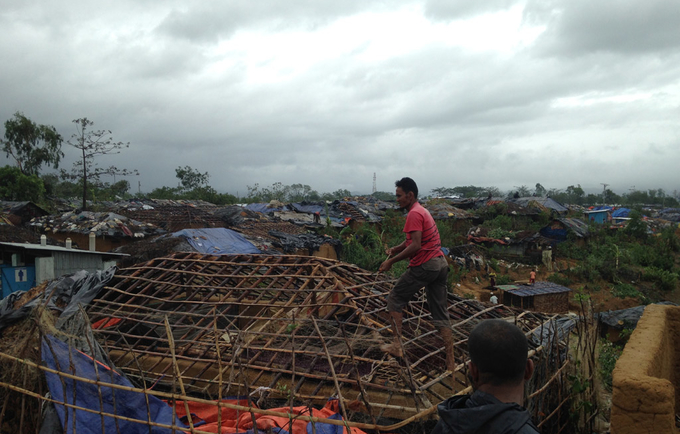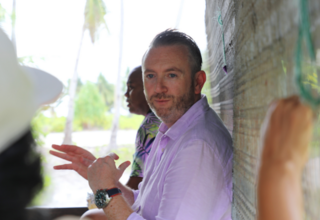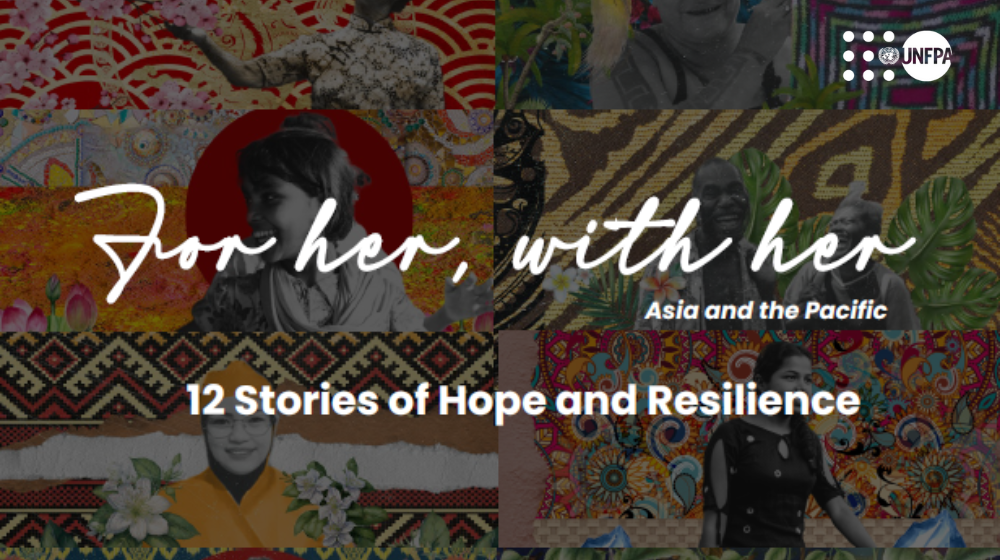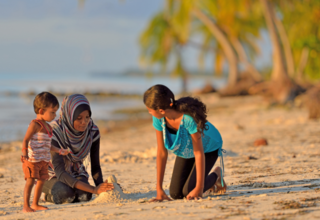2 June 2017 – The United Nations Population Fund (UNFPA) and other UN agencies are calling for urgent aid to help hundreds of thousands of people affected by Cyclone Mora, which swept across the Bay of Bengal earlier this week.
“There is an urgent need for shelter materials,” the spokesperson for the Office of the UN High Commissioner for Refugees (UNHCR), Andrej Mahecic, told journalists in Geneva.
“Food rations, drinking water and latrines are some of the other needs identified so far in the cyclone-affected areas,” Mr. Mahecic said, adding that more needs are likely to be identified as governments in Bangladesh and Myanmar complete their ongoing assessments of the damage.
The Rohingya community displaced in Myanmar and living in settlements in Bangladesh has been particularly hard hit. In Bangladesh, there are more than 33,000 Rohingya refugees registered in the official camps of Kutupalong and Nayapara. Outside these two camps, more than 200,000 undocumented Rohingya are living in makeshift sites and local villages in the south-eastern part of the country.
In Myanmar, some 120,500 internally displaced people have been living in central Rakhine since 2012, when inter-communal violence forced them to flee, according to UNHCR.
The International Organization for Migration (IOM) today launched an appeal for $3.7 million to help the Rohingya in Bangladesh. The funds aim to help up to 80,000 people between now and the end of the year, and “will target health, water, sanitation, shelter and protection.”
The cyclone, which pounded Bangladesh with 117 km/hour winds and heavy train, tore through the settlement houses which offered little resistance to the storm’s strength.
“The storm destroyed25 per cent of shelters and left as many as 80 per cent damaged,” IOM said. “Food and fuel supplies were destroyed, electricity lines were cut, and health and sanitation infrastructure was also badly damaged.”
Some 1.3 million children are estimated to be in urgent need of aid as a result of the storm.
The Director of Emergency Programmes at the UN Children’s Fund (UNICEF), Manuel Fontaine, warned that children from the Rohingya community, who were already displaced and living in precarious conditions before the Cyclone, is now “hit by double humanitarian crisis.”
For UNFPA, an immediate focus of the humanitarian response are women and girls, as well as young persons. Pregnant women must receive essential healthcare and supplies to ensure a safe pregnancy and childbirth. In addition, women's special needs, including menstrual hygiene, are crucial if they are to be fully mobile in order to access relief supplies including food and water.
As well, women's and girls' safety from gender-based violence in disaster-affected areas including relief camps must be ensured. UNFPA's humanitarian response in disaster and conflict-affected situations traditionally encompasses all of these interventions. Coordination on these fronts is occurring with other UN agencies, government partners and civil society organisations participating in the relief effort.




